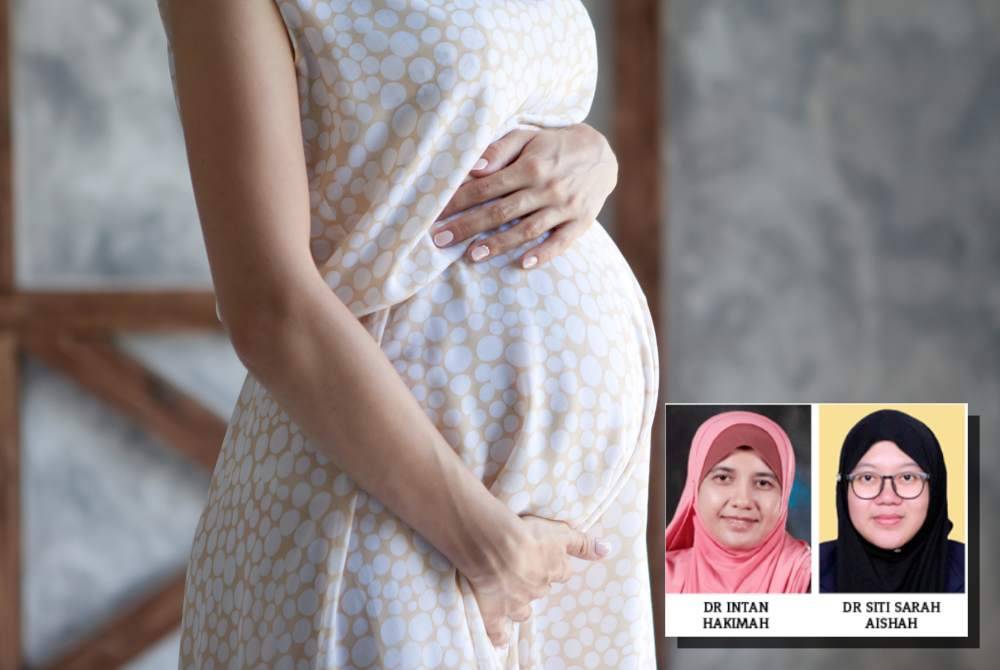Infection during pregnancy among cause of autism - Paediatrician
"The risk of ASD further increases when infections affect the urinary tract system and skin."

SHAH ALAM - Infection during pregnancy is one of the factors contributing to the occurrence of Autism Spectrum Disorder (ASD) in babies.
Sultan Abdul Aziz Shah Hospital (HSAAS) Associate Professor, Senior Paediatric Consultant Dr Intan Hakimah Ismail said that a 2016 meta-analysis study showed that infections occurring in pregnant women increase the risk of ASD in babies by 12 per cent.
"The risk of ASD further increases when infections affect the urinary tract system and skin, with respective risk increases of nine and 14 per cent," she told Sinar.
She said that the risk of autism increases if pregnant women take medications such as antidepressants, have conditions like diabetes, hypertension, proteinuria, preeclampsia, history of miscarriage or give birth prematurely.
"Individuals with a family history of ASD are also at risk, with some studies indicating that if one identical twin has autism, the other twin also has an 80 per cent chance of having the same condition," she said.
Intan added that currently, ASD diagnosis was conducted through examination and assessment of a child's development after birth.
"However, recent studies suggest that routine ultrasound tests in the second trimester of pregnancy can identify early signs of ASD.
"Nevertheless, it's too early to make recommendations. Research needs to continue to find the best methods for early ASD diagnosis," she added.
Meanwhile, explaining the medical definition of autism, Hospital Islam Az-Zahrah paediatrician Dr Siti Sarah Aishah Suhaidi said ASD was a developmental disorder that affects the brain from infancy to adulthood, disrupting communication, social interaction and behaviour.
Hence, she said individuals with autism exhibit unique behaviours such as repetitive actions and intense obsessions with specific things.
"Although boys are three times more likely to acquire it than girls, girls are often diagnosed later than boys," she said.
Further commenting, Dr Sarah said the exact cause of autism remained unknown, but risks include babies born with insufficient oxygen, premature birth and genetic family history.
"In addition, parental age is also a factor contributing to having autistic children, with women aged 35 and above having a 1.3 times greater chance, and men aged 40 and above having twice the risk," she added.











